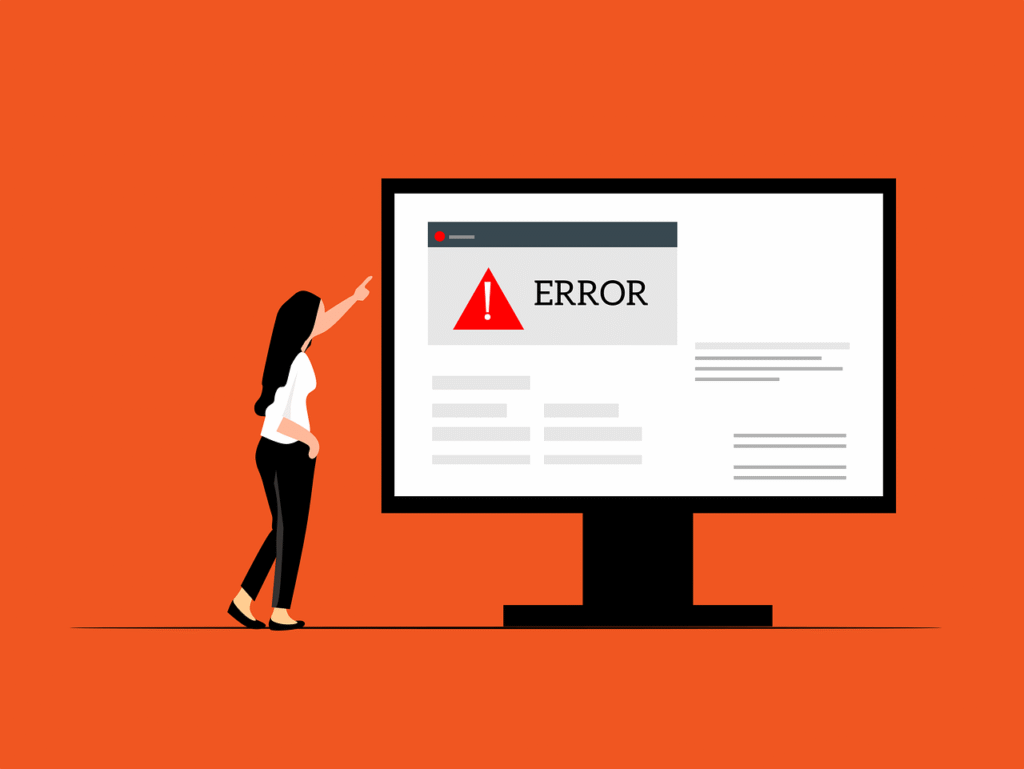Launching a company is thrilling, but the road from idea to sustainable profit is littered with avoidable missteps. Below you’ll find the twenty most common business-killer errors European founders make, illustrated with real-world stories and actionable fixes.
1. Skipping Market Validation
What happens: Founders fall in love with their solution and ignore proof of demand.
EU example: Copenhagen-based FreshBottle spent €500 000 developing biodegradable water bottles before discovering gyms preferred reusable steel. The firm folded within a year.
Avoid it: Validate with customer interviews, smoke-test landing pages, or Kickstarter pre-orders. Set a target (e.g., 100 paid sign-ups) before committing major capital.
2. Under-Capitalisation
What happens: Cash runs out before product-market fit.
Example: A Lisbon AI-translation start-up had only four months of runway; delays in EU grant approval forced a fire-sale of IP.
Fix: Raise or save at least 12 months of burn. Build conservative cash-flow models with 20 % buffer for surprises.

3. Over-Capitalisation
What happens: Easy money breeds waste.
Example: Paris delivery app FoodFlash raised €40 M Series A, leased flashy offices, and burned €1 M/month before first revenue. They downsized 80 % of staff in 2023.
Fix: Tie funding rounds to clear milestones; keep headcount lean until metrics prove scalability.
4. Fuzzy Value Proposition
Customers must grasp why you exist in seconds.
Bad pitch: “We leverage synergy to disrupt logistics.”
Good pitch: “We cut cross-border shipping fees for EU SMEs by 40 %.”
Tool: Use the XYZ formula: We help X achieve Y by doing Z.
5. Ignoring Unit Economics
If each sale loses money, scaling magnifies loss.
Example: UK meal-kit firm QuickChef paid £35 CAC; average customer churned after two boxes worth £24 gross margin.
Fix: Model CAC vs. customer-lifetime value; delay ad spend until LTV > 3× CAC.

6. Homogeneous Founder Skill-Set
Three coders, no seller; or three MBAs, no coder.
Example: Berlin fintech TaxWave lacked tech leadership; outsourcing dev caused security flaws, triggering BaFin penalties.
Fix: Ensure a hacker–hustler–designer mix, or supplement with equity-compensated advisors.
7. No Founders’ Agreement
Verbal equity promises end in court.
Story: Two Prague co-founders split after 18 months; without a vesting schedule, one walked with 45 % equity despite quitting.
Fix: Sign vesting (4 years, 1-year cliff), outline roles, decision process, and IP assignment.
8. Neglecting Brand & Domain Early
Customers doubt sloppy branding.
Example: Stockholm IoT firm bought example-iot.eu after losing .com to cybersquatters, confusing investors.
Fix: Check EUIPO trademarks, buy core domains, craft a professional logo before launch.
9. Weak Online Presence
Solely relying on Instagram is risky (algorithm changes).
Fix: Launch a SEO-ready, lead-capturing website with clear CTAs, blog, and analytics.

10. Wrong Business Model
One-off hardware often struggles versus SaaS.
Example: Dutch sensor maker shifted to subscription data dashboards, doubling ARR in 12 months.
Fix: Map customer pain, test pricing tiers, prefer recurring revenue when possible.
11. Poor Cash-Flow Discipline
Mixing personal and business funds obscures runway.
Story: Milan design studio faced €70 k VAT bill it hadn’t reserved for.
Fix: Separate accounts, forecast weekly cash, incentivise early payment (e.g., 2 % discount for 10-day settlement).
12. Compliance Blind Spots
GDPR fines can kill.
Example: Spanish e-commerce site fined €40 k for inadequate cookie consent.
Fix: Hire part-time DPO, implement privacy-by-design, stay abreast of sector licences (health, fintech, etc.).

13. Hiring Too Fast
Headcount grows faster than revenue.
Case: Dublin SaaS firm tripled staff before Series A; payroll forced emergency layoffs.
Fix: Use contractors; convert to FTE when roles become mission-critical.
14. Hiring Too Slow
Founder becomes bottleneck.
Case: Tallinn cyber-security start-up lost enterprise deal because compliance paperwork sat with overloaded CEO.
Fix: Delegate early; hire ops lead once founder time hits 60 h/week.
15. Weak Culture Foundation
Culture forms by default after first 10 hires.
Tip: Publish values (e.g., transparency, ownership), run quarterly feedback surveys, lead by example.
16. Ignoring Early Customer Feedback
Brushing off bug reports erodes trust.
Story: Munich edtech lost 30 % of teachers after months-long support silence.
Fix: Create Slack/Discord channel, weekly UX tests, and public roadmap.

17. Feature Creep
More features ≠ more value.
Example: Czech project-management tool bloated into 40 tabs; churn rose 25 %. After refocusing on three core flows, growth resumed.
Fix: Prioritise based on impact vs. effort; ship iterations, not monoliths.
18. Single Revenue Stream
One client = existential risk.
Story: Croatian OEM supplier lost 80 % revenue when major automotive client relocated.
Fix: Diversify customers, markets, and product lines; pursue EU grant projects or maintenance contracts.
19. Flying Blind Without Metrics
KPIs are oxygen.
Fix: Pick one North-Star (e.g., weekly active users) and 3–5 supporting metrics. Use dashboards (e.g., Data Studio) and weekly data reviews.
20. Fear of Failure
Perfection paralysis delays launch.
Example: Portuguese VR firm iterated headset prototypes for three years; Meta beat them to market.
Fix: Embrace “launch–learn–iterate.” Treat failure as tuition, not catastrophe.

Action Checklist
- Conduct problem interviews before prototypes.
- Budget 12 months of runway with 20 % buffer.
- Draft a founders’ agreement and vesting schedule.
- Secure a professional website—capture leads from day one.
- Build a rolling 13-week cash forecast.
- Review key metrics weekly, pivot quickly.
Your Digital Launchpad
A modern, conversion-oriented website is mission-critical. Whether you need an MVP landing page, multilingual e-commerce store, or investor portal, Rakuzan.eu designs and develops bespoke sites that help European start-ups validate ideas, capture leads, and scale.
When your traffic spikes, host with Hostinger — Europe-based servers, elastic resources, and an intuitive dashboard let you focus on growth, not infrastructure.
Disclaimer: This article is for informational purposes only and does not constitute financial, tax, or investment advice. Readers should consult with a licensed professional before making any financial or business decisions.





